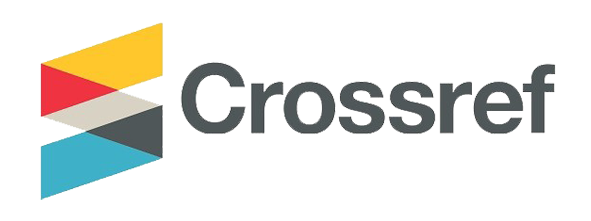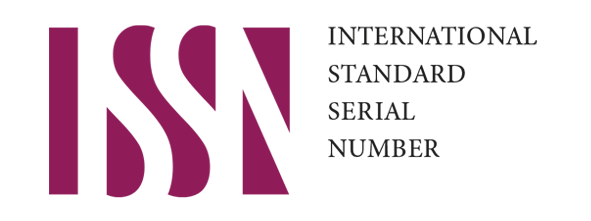The Effect of Learning Style and Family Environment on Learning Outcomes of Science Subjects in Elementary School
DOI:
https://doi.org/10.51178/jsr.v5i1.1804Keywords:
Learning Styles, Family Environment, Learning Outcomes, Science SubjectsAbstract
The study was conducted using an experimental method with a quantitative approach. This study has two variables, namely variable X learning styles and family environment and variable Y learning outcomes in science subjects. The population in this study were all fourth grade classes totaling 75 students, and the sample was class IV.A as a class without treatment and IV.B as a class with treatment so that the total sample was 50 students. Researchers conducted validation on lecturers and teachers concerned, the results were tested on respondents. Researchers continued the reliability test to determine whether the questions were reliable or not. The data analysis applied is normality test, homogeneity test, and hypothesis testing. The result of the significance value (2-tailed) is 0.000. This shows that the significance value is smaller than the specified significance level of 0.05. Therefore, the data obtained is considered significant. Furthermore, the calculated t value is 7.090. Compare it with the t table value with a degree of freedom (df) of 48 and a significance level of 0.05. It is found that the t table value is 1.677. In conclusion, the calculated t value obtained is much greater than the t table value with the specified significance level. This indicates that there is a significant difference between the observed data and the proposed hypothesis. So it can be concluded that the t-count value (7.090) is greater than the t-table value (1.677), so the t-count value is greater than the t-table value (1.677).
Downloads
Published
Issue
Section
License
Copyright (c) 2024 Education Achievement: Journal of Science and Research

This work is licensed under a Creative Commons Attribution-ShareAlike 4.0 International License.














